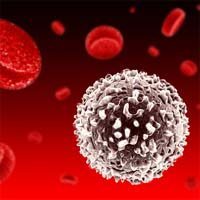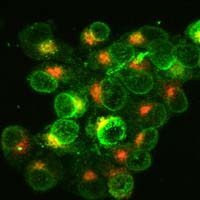Promising Early Results from Mesothelioma Vaccine Trial
Researchers studying a new immunotherapy vaccine for mesothelioma have released early findings from an ongoing clinical trial and the results are promising. CRS-207 is based on a genetically modified version of Listeria monocytogenes, a bacterium normally associated with the food borne illness, Listeriosis. The drug was designed to induce a powerful immune response against cells that produce mesothelin, which includes mesothelioma and several other kinds of cancer. In a presentation at the 40th European Society for Medical Oncology in September, lead investigator Raffit Hassan, MD, of the National Cancer Institute said CRS-207 appears to be improving the odds of surviving mesothelioma in inoperable patients. “The data in this trial continue to be impressive in the front-line treatment of mesothelioma,” said…








